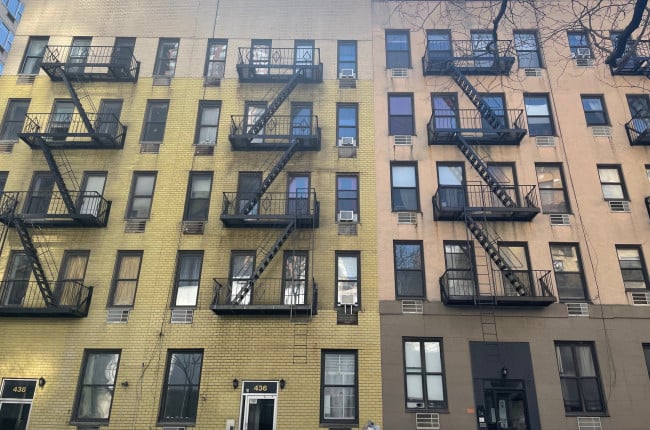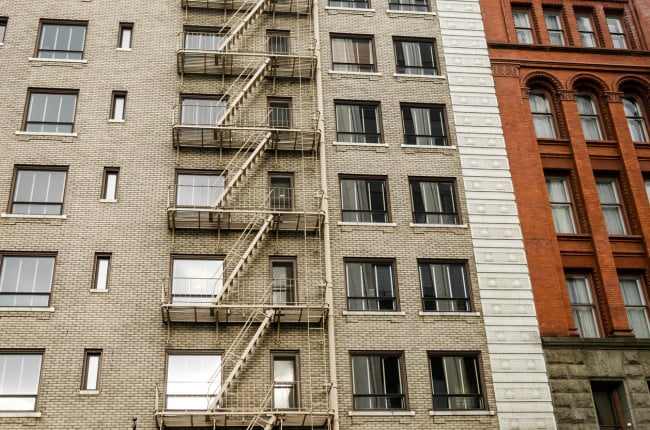How much homeowners insurance can my co-op board require me to have?

Most NYC co-op and condo buildings typically look for $300,000 to $500,000 in liability insurance.
iStock
How much homeowners insurance can my co-op board require me to have?
The amount of insurance your co-op board can require that you carry depends on your building’s particular circumstances, our experts say.
“Boards can set limits and deductibles so long as they are ‘reasonable,’ which is a very fuzzy number,” says Dean Roberts, a co-op and condo attorney at Norris McLaughlin. “A Park Avenue co-op can likely set a higher limit than a Bronx HDFC. The standard is driven by the facts in the individual co-op building, especially if there have been a lot of liability issues with individual apartments, such as one shareholder flooding another.”
Co-op boards prioritize liability insurance
“While some buildings set minimum limits for coverage on contents and for an apartment’s interior structure, that’s rare,” says New York City apartment insurance broker Jeffrey Schneider, president of Gotham Brokerage (a Brick Underground sponsor).
Boards are typically most concerned that each apartment owner has enough liability coverage.
“A co-op or condo wants minimal involvement in water damage disputes between neighbors,” Schneider says. “If you flood out your downstairs neighbor because of your negligence, your personal liability coverage should take care of the damage. If you are not negligent, everyone [needs to rely] on their own property coverage. The insurance companies”—not your board—“can fight out questions of fault and ultimate responsibility for the damage.”
How much liability insurance do boards require? How much will it cost?
Most New York City co-ops and condos typically look for $300,000 to $500,000 in liability insurance, Schneider says. The cost is about $25 to $50 per year and is purchased as part of a comprehensive homeowners insurance policy (you can’t buy it alone).
Occasionally, Schneider says, even buildings that aren’t super high end require $1 million or more in liability coverage.
“That can get expensive, requiring additional policies for about $250 to $1000 per year,” Scneider says.
Can insurance requirements be enforced?
At a minimum, your co-op board needs to add the insurance requirement to your building’s house rules in order for them to be legally enforceable.
“This is something that boards can impose without a shareholder vote, but some boards choose to have a shareholder vote anyway,” Roberts says, noting that “house rules are incorporated into the proprietary lease.”
That said, our legal experts are divided on whether putting the requirement into the house rules goes far enough.
Jeffrey Reich, a co-op and condo lawyer at Schwartz Sladkus Reich Greenberg Atlas, says a building’s proprietary lease must also specifically authorize a board to set insurance requirements.
“In the same way that a court will not enforce a sublet fee or flip tax imposed through a house rule, it is our understanding that a court would not enforce a unilaterally imposed requirement that shareholders be obligated to spend a not insignificant amount of money on an insurance policy.”
He notes that most proprietary leases are silent on the matter—a surprising fact to both the boards and shareholders of the buildings he advises. Updates to a proprietary lease require a majority shareholder vote.
Trouble at home? Get your NYC apartment-dweller questions answered by an expert. Send your questions to [email protected].
For more Ask an Expert questions and answers, click here.
You Might Also Like





























